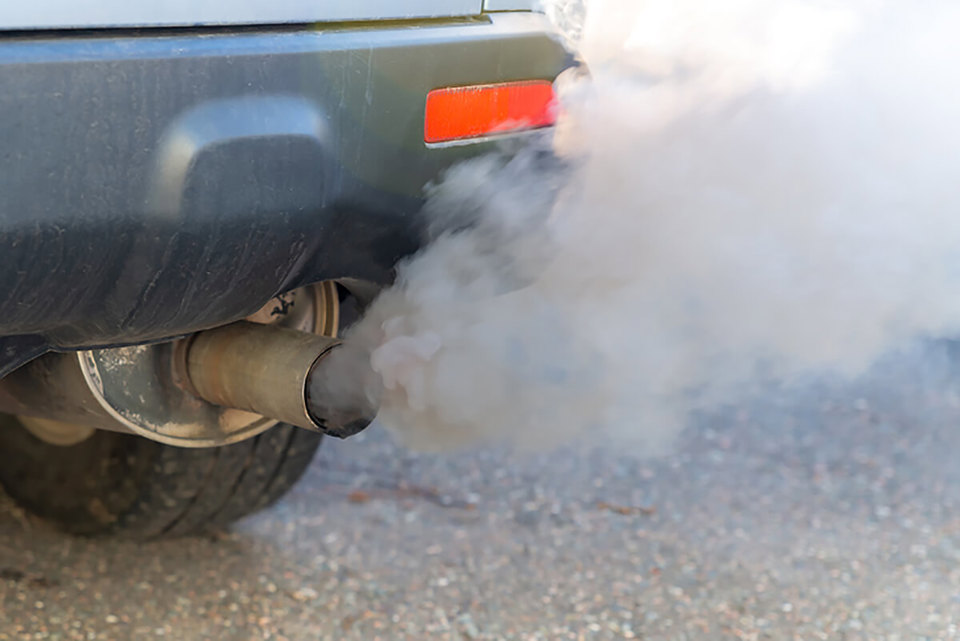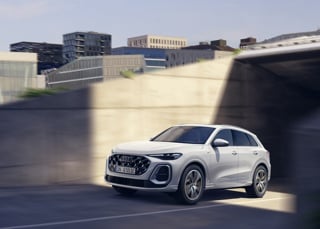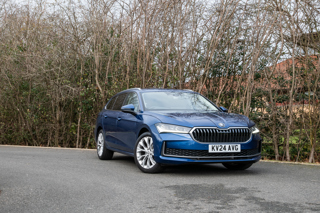Eight out of 10 fleet operators expect implications for the UK fleet market, following revelations that Volkswagen Group cheated in official nitrogen oxide (NOx) emissions tests in the US.
Sewells Research & Insight questioned more than 460 fleet operators in the wake of the scandal and more than half (54%) said they are less likely to trust claims made by manufacturers in future.
Of those with Volkswagen Group models on fleet, half (49%) say they are potentially looking to review the company’s position on their choice list.
Three in every four (73%) are looking for reassurance from Volkswagen Group that their vehicles are not affected, although just 20% of larger fleets (100+ vehicles) say they have been contacted by the manufacturer to-date.
Two-thirds of all respondents (67%) are now looking for all manufacturers to state that their models are not affected. PSA Peugeot Citroën, Jaguar Land Rover, Ford, Renault, Mercedes-Benz and BMW have so far gone on the record to say they are not using devices to manipulate tests.
The wider reputation of diesel has also been damaged, with more than a third of respondents (34%) to a Fleet News poll saying the NOx emissions scandal would make them reconsider choosing the fuel type.
Volkswagen has released an online checking tool to identify vehicles affected by the emissions scandal.
Other brands in the group will be launching their own self service tools, with Audi (visit tool) the first to do so, with checkers for Skoda and Seat not yet in operation.
Euro 6 diesel engines, whose introduction began last year and are now fitted across all new TDI models, use AdBlue to reduce NOx emissions and are said to be unaffected.
However, there is concern that residual values (RVs) could be hit if the scandal causes long lasting damage to the public perception of the brand.
Seventy per cent of larger fleets (100+ vehicles) agree that RVs on Volkswagen diesel cars could fall, according to the Sewells study, while 57% believe RVs on all diesel cars could be affected.
Rupert Pontin, head of valuations at Glass’s said: “Exactly how this plays out is very difficult to predict but it could affect the used values of Audis and Volkswagens. These are brands built on decades of credibility and that credibility has been badly damaged.”
The engine found to have the defeat device in the US was discontinued in 2014, but European governments, including the UK, want to investigate the matter further, including re-testing vehicles in real-world conditions in relation to all emissions levels on the official test cycle.
Performance against the official test cycle has been under scrutiny for several years as increasingly efficient vehicles seem to fall short of the figures achieved in the lab for CO2 emissions and mpg. A new official test expected to be more representative of real-world conditions is currently being developed, with its introduction expected in 2020.
However, some predict that re-testing cars in response to the recent events to seek a more representative real-world emissions level will tell us nothing new.
SMMT chief executive Mike Hawes said: “ industry accepts that the current test method for cars is out-of-date and is seeking agreement from the European Commission for a new emissions test that embraces new testing technologies and which is more representative of on- road conditions.”
Experts have speculated that the defeat device software helped cars comply with strict US emissions rules on NOx that might have had an impact on vehicle performance or driveability if active continuously.

























Mr.Bean - 06/10/2015 16:57
I would recommend updating the article since it contains incorrect information. "Euro 6 diesel engines, whose introduction began last year and are now fitted across all new TDI models, use AdBlue to reduce NOx emissions and are said to be unaffected." Across VW group there are many models with Euro6 standards and without AdBlue.